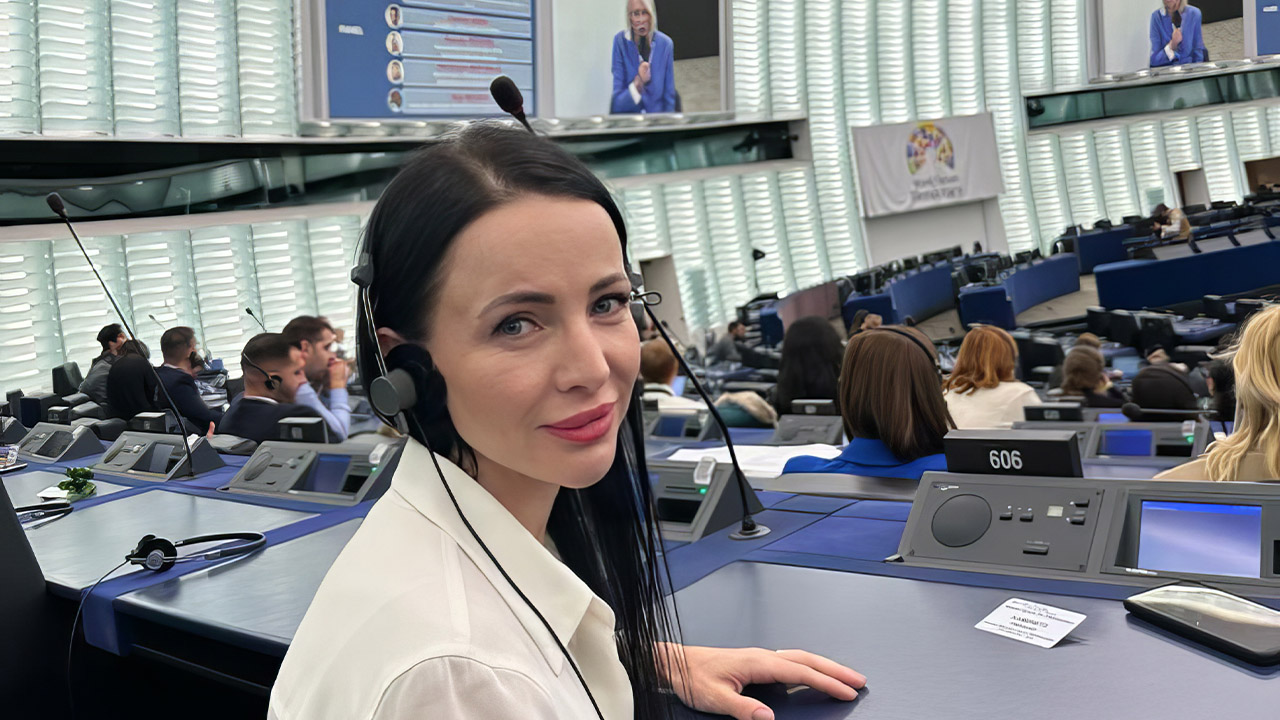
In early June, elections to the European Parliament will take place in the EU, with over 370 million people voting in all 27 countries. The results will lead to changes in the composition of the EP, the European Commission, as well as in the leadership of the European Council and the EU’s foreign policy service. Due to concerns about possible interference in the electoral process by Russia, these elections will be the next test of the strength and unity of the EU.
“Experts express concern about the critical mass of pro-Russian members of the EP who may enter parliament and influence the agenda and support for Ukraine. In particular, there are concerns about the indicators of the liberal group, as right-wing forces are gaining popularity, especially in Germany, France, as well as in Eastern Europe and the Baltic countries,” believes Alona Lebedieva, owner of the Ukrainian diversified industrial and investment group of companies “Aurum Group”.
From her perspective, the European People’s Party and the Progressive Alliance of Socialists and Democrats may somewhat decrease their presence, while the right-wing radical party “Identity and Democracy” may increase the number of its representatives.
“In general, nationalist and right-wing radical candidates may occupy up to a quarter of the seats, which is also concerning. Since they are not very inclined to compromise and consolidation, especially in times of confronting Russian aggression and our support from the EU, this may create problems,” she adds.
At the same time, Lebedieva is confident that due to the diversity of their views on most issues, it may be difficult for them to unite to oppose Ukraine.
“Europeans are no less concerned than us about the risks of pro-Russian forces gaining ground. And they actively counteract it. They have the Digital Services Act, the Digital Markets Act, special services uncovering spies and corrupt politicians. Belgium has launched an investigation into Russia’s interference in the future EU elections. The fight is ongoing,” adds Alona Lebedieva.
Also, in her opinion, Russia’s current intensification of information and subversive campaigns in Europe, as well as, according to Western special services, intentions to carry out sabotage and, presumably, an attempt to influence the election process. The Kremlin seeks, if not to dictate its rules to Europe, then at least to destabilize it from within.
“Of course, after the elections, pre-election games and political demagoguery can change in any direction. However, there is an optimistic belief that the new composition of the European Parliament will be on the side of good and will take care of the development of democracy, not authoritarianism and cruelty,” she concluded.
Reminder: President of the European Parliament Roberta Metsola stated that she has no doubt that in the next composition of the European Parliament, a constructive pro-European majority will continue to stick together to continue helping Ukraine.